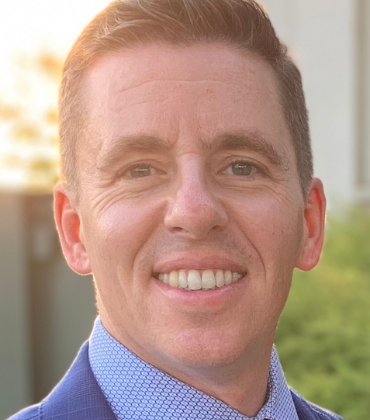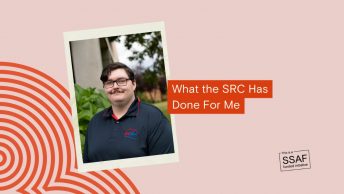This post is over three years old, the information may be outdated.
A tanker carrying boiling tar crashed and exploded on a highway in Toronto, leaving the truck driver buried in the toxic sticky liquid.
When critical care paramedic David Dasti landed in an emergency helicopter to help, the road was so hot his boots got stuck and the stretcher sunk into the soft tar.
David was part of a team who rescued the driver from the cab, and flew him to hospital with severe burns.
“It was probably one of the more difficult things I’ve seen. It was brutal,” David says.
No one expected the driver — who had inhaled tar — to survive the 2007 crash, and paramedics heard he died.
But a year later, David found out the man had survived and his recovery was “miraculous”.
“So not only does the entire burn centre say, ‘We’ve never seen anything like this’ but he did it with a smile on his face. He was the happiest guy in the world.
“He ended up meeting and marrying someone and adopting her kids.
“He said, ‘This was my rebirth. It was the worst day of my life, but it was the best day of my life. I was reborn’.”
The tanker crash is just one of many incredible stories from David’s long career as a flight paramedic.
He is now studying a Graduate Diploma of Paramedicine (Critical Care) at Charles Sturt, and is likely to move onto a Masters and possibly a PhD.
David is among a group of Canadian-based paramedics who are studying online, as part of a successful international program.
The part-time and online study options were attractive to David who works as a paramedicine educator in Toronto.
David decided to study to formalise his training and education and to delve into research.
“To be able to go on to do a Masters that’s internationally recognised and accredited is important to me because that’s the next step for the profession in general,” David says.
If he goes into research, David is interested in how paramedics’ kits and layouts of trauma centres might affect efficiency and patient outcomes.
With his career expanding in front of him, David says he wishes he could thank a family friend who encouraged him to leave a job as a nursing home orderly to become a paramedic in his early 20s.
“I wish I could find her because I would fall at her feet thanking her. Otherwise, I would have been stuck in a nursing home for the rest of my life.
“She really pushed me into this profession where I’ve done so much and I’ve gained so much knowledge.
“And now I’ve got this opportunity to study at a place like Charles Sturt, where I’m going to learn a lot.”










